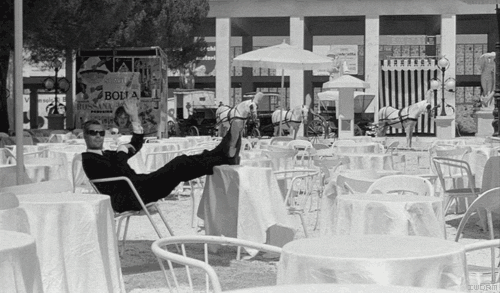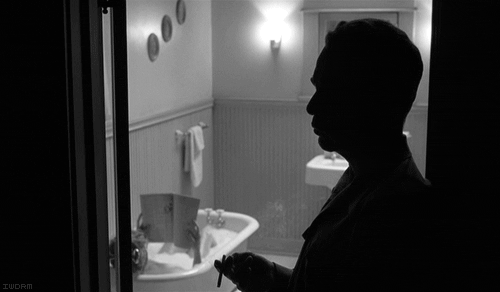‘The Character of Physical Law’: Richard Feynman’s Legendary Lecture Series at Cornell, 1964:
Lecture One, The Law of Gravitation:
“Nature,” said physicist
Richard Feynman, “uses only the longest threads to weave her patterns, so that each small piece of her fabric reveals the organization of the entire tapestry.”
With those words Feynman ended the first of his famous 1964
Messenger Lectures at Cornell University, a talk entitled “The Law of Gravitation, an Example of Physical Law.” (See above.) The lectures were intended by Feynman as an introduction, not to the fundamental laws of nature, but to the very nature of such laws.
The lectures were later transcribed and collected in
The Character of Physical Law, one of Feynman’s most widely read books. In the introduction to the Modern Library edition, writer James Gleick gives a brief assessment of the charismatic man at the lectern:
Feynman, then forty-six years old, did theoretical physics as spectacularly as anyone alive. He was due to win the Nobel Prize the next year for his groundbreaking work in the 1940s in quantum electrodynamics, a theory that tied together in an experimentally perfect package all the varied phenomena at work in light, radio, magnetism, and electricity. He had taken the century’s early, half-made conceptions of waves and particles and shaped them into tools that ordinary physicists could use and understand. This was esoteric science–more so in the decades that followed–and Feynman was not a household name outside physics, but within his field he had developed an astounding stature. He had a mystique that came in part from sheer pragmatic brilliance–in any group of scientists he could create a dramatic impression by slashing his way through a difficult problem–and in part, too, from his personal style–rough-hewn, American, seemingly uncultivated.
All seven of Feynman’s lectures were recorded by the British Broadcasting Corporation and presented as part of BBC Two’s “Further Education Scheme.” In 2009 Bill Gates bought the rights to the videos and made them available to the public on Microsoft’s
Project Tuva Web site. Since then the series has become available on YouTube for easier viewing. As you scroll down the page you can access the videos which, “more than any other recorded image or document,” writes physicist Lawrence Krauss in
Quantum Man: Richard Feynman’s Life in Science, “capture the real Feynman, playful, brilliant, excited, charismatic, energetic, and no nonsense.”
You can find the remaining video lectures after the jump…
Lecture Two, The Relation of Mathematics to Physics:
Lecture Three, The Great Conservation Principles:
Lecture Four, Symmetry in Physical Law:
Lecture Five, The Distinction of Past and Future:
Lecture Six, Probability and Uncertainty–The Quantum Mechanical View of Nature:
Lecture Seven, Seeking New Laws:
You can find this course indexed in the
Physics section of our big collection of
Free Online Courses.
Related content:
The Richard Feynman Trilogy: The Physicist Captured in Three Films
Richard Feynman Presents Quantum Electrodynamics for the NonScientist
The Last Journey of a Genius: Richard Feynman Dreams of Tannu Tuva
‘The Character of Physical Law’: Richard Feynman’s Legendary Lecture Series at Cornell, 1964 is a post from:
Open Culture. You can follow Open Culture on
Facebook,
Twitter,
Google Plus and by
Email.





